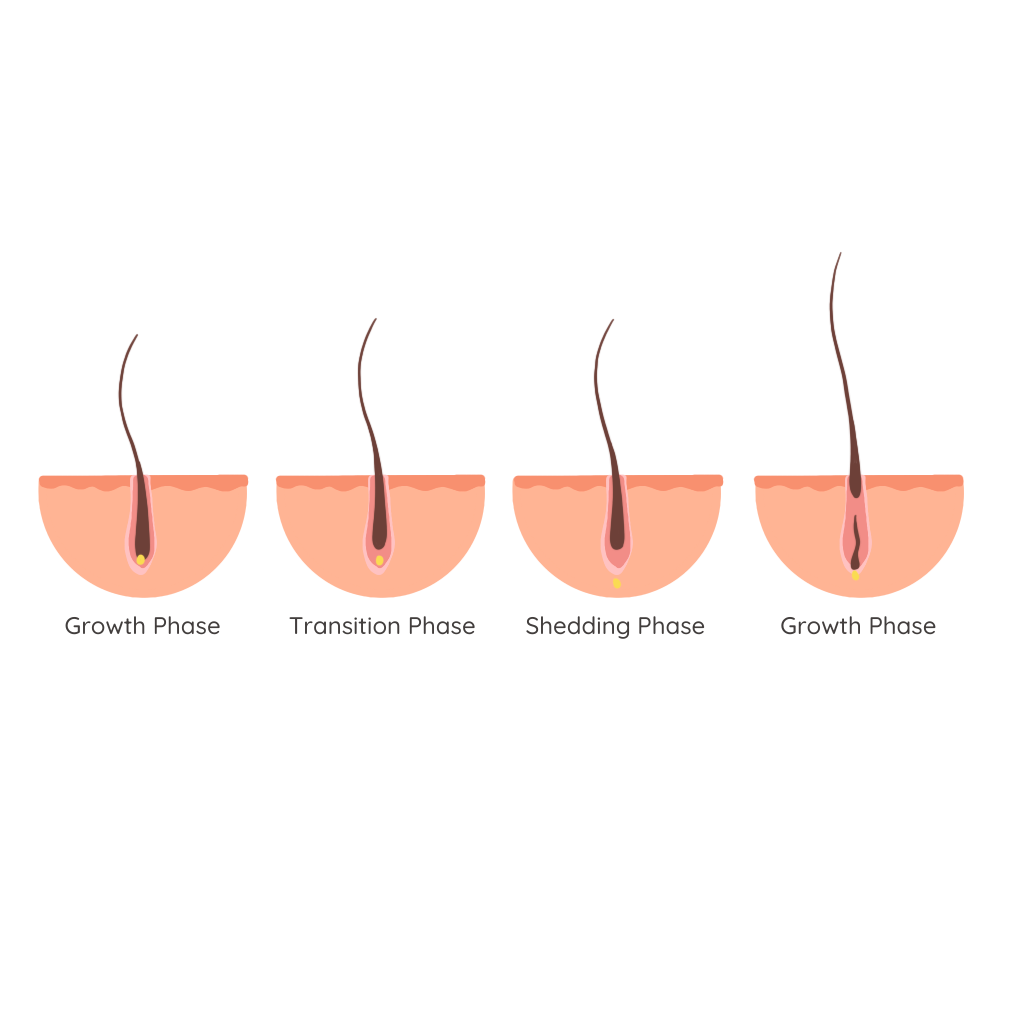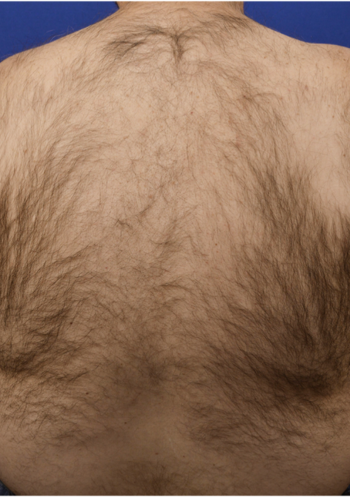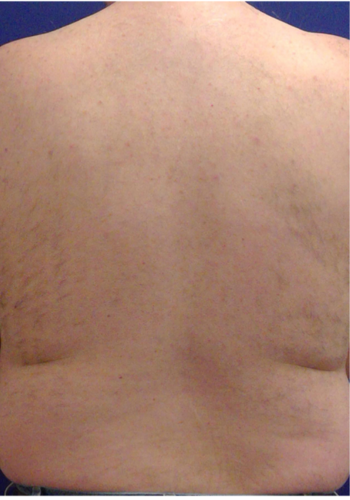
Hair Removal

What is it?
Unwanted hair is a common concern that can affect individuals of all genders and ages. This condition typically manifests as excessive or undesirable hair growth in areas such as the face, underarms, legs, and bikini line. Factors contributing to unwanted hair include hormonal imbalances (PSOS), genetics, and certain medical conditions. Addressing unwanted hair is important for personal comfort and confidence, as individuals seek effective solutions to achieve smoother, hair-free skin.
Key Facts
- Often Hormone-Related: Excessive hair growth, especially in women, is commonly caused by hormonal imbalances, such as high androgen (male hormone) levels from conditions like PCOS (Polycystic Ovary Syndrome).
- Can Be Genetic: Some people naturally have more body or facial hair due to their ethnicity or family history, even without hormonal imbalances.
- Common in Certain Medical Conditions: Hirsutism can be linked to PCOS, adrenal disorders, thyroid imbalances, or certain medications (like steroids or hormone treatments).
- When Does Hair Become a Concern: Excessive hair growth can cause issues like odor, recurrent folliculitis (infections), and chafing.
- Hair is Not a Problem: Excess hair is primarily a cosmetic concern, with its significance varying by personal preference. We support our clients in achieving their body goals, with or without hair.
How long does it last? Does it Relapse?
- If excessive hair growth is due to genetics, it is usually lifelong. If caused by a medical condition (like PCOS or hormone imbalances), it may persist unless the underlying issue is treated.
- If the underlying cause is not managed, hair growth can return, even after treatments. Regular maintenance sessions and addressing medical factors can help prevent relapse.
- Pregnancy, menopause, or other such conditions can cause hair to grow back, even after successful treatment.
Is it curable or treatable?
- Laser Hair Removal Can Offer Long-Term Reduction: Treatments like laser hair removal and electrolysis can significantly reduce excessive hair growth over time, but results may require maintenance.
- Lifestyle & Medication Can Help: Weight management, hormone therapy (like birth control or anti-androgen medications), and professional hair removal treatments can help control excessive hair growth.
- Temporary vs. Permanent Reduction: Methods like shaving, waxing, and depilatory creams provide temporary results, while laser hair removal and electrolysis can offer long-term or permanent hair reduction with maintenance sessions.
Before & After




Our treatments
We combine medical and aesthetic expertise to create personalized skincare solutions using advanced laser and energy-based devices.

FAQ
Q: Can laser hair removal permanently stop excessive hair growth?
A: Laser hair removal significantly reduces hair growth, but results may require maintenance. If the hair growth is hormone-driven, new hair may develop over time. Electrolysis is the only FDA-approved method for permanent hair removal.
Q: Is excessive hair growth a sign of a health problem?
A: It can be. While some people naturally have more hair due to genetics. Sudden or excessive growth may indicate an underlying condition like PCOS, Cushing’s syndrome, or adrenal disorders and should be evaluated by a doctor.
Q: Does excessive hair growth get worse with age?
A: It can. Hormonal changes from aging, menopause, or medical conditions can trigger increased hair growth in areas like the face, chest, or back, especially in women.
Q: Can lifestyle changes reduce excessive hair growth?
A: Yes! Weight management, a balanced diet, and addressing hormonal imbalances can help reduce hair growth in some cases.

